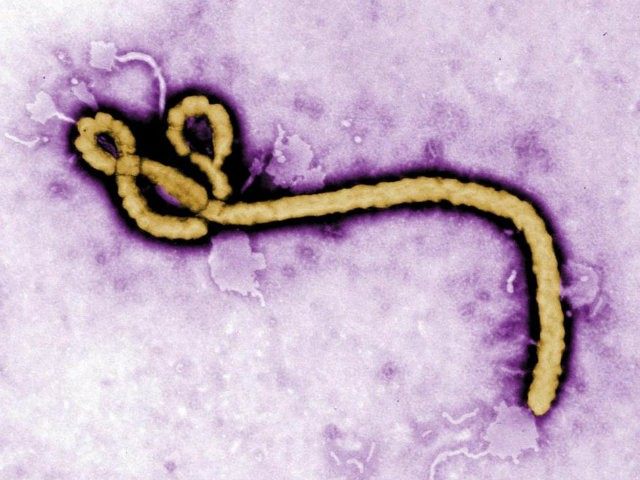Samuel Sam-Sumana, the vice president of Sierra Leone, has imposed an Ebola quarantine on himself following the death of his bodyguard upon contracting the lethal virus.
The vice president told news outlets that he felt healthy and the quarantine was merely out of an abundance of caution, and to “lead by example” in a nation that has struggled to convince citizens the virus is real.
“I am very well and showing no signs of illness,” Sam-Sumana told Reuters, noting that his entire staff would also be placed under an Ebola quarantine. “I have decided to be put under quarantine because I do not want to take chances and I want to lead by example,” he stated. The quarantine is set to last 21 days, and the vice president expressed confidence that he would be able to return to work when it ends on March 18.
“I’ve resolved to be part of what it takes,” he told BBC, “to make sure that we inform our people adequately what are the things they need to do.” NewsTime Africa adds that the vice president’s office building has been sanitized to ward off the threat of any potential visitors or employees there coming into contact with the virus. Sam-Sumana was confident enough in his health to agree to an interview with BBC, though only accepted speaking to a reporter from a distance. He is the first official of his rank in the Ebola-affected nations of Guinea, Sierra Leone, and Liberia to be placed under quarantine.
Sam-Sumana’s quarantine highlights the prolonged nature of the continued struggle Sierra Leone has faced against the Ebola virus. While the number of Ebola cases in its capital, Sierra Leone, began to fall in late 2014, numbers began to rise again in early February, according to the World Health Organization. While Liberia continues to lead in diminishing the number of cases, experts in both Sierra Leone and Guinea noted a significant increase in the number of traditional burials at the beginning of this year. Traditional burials require family members to come into contact with the bodies of the dead and, as such, were largely responsible for the speed at which the virus began to spread from victim to victim.
The numbers in the last week of February were slightly more positive than for the rest of the month. Reuters reports that the WHO recorded 63 new cases that week in Sierra Leone and 99 total in Africa. Concerns have risen as government workers uncover serious lapses in recording funding coming into the country to fight Ebola: millions of dollars are believed to have gone missing that were intended to be used to pay health workers and launch awareness campaigns in Sierra Leone.
A New York Times report indicates that unsafe burial practices are only a fraction of the reason for the resurgence of Ebola in Sierra Leone. The spike in Ebola cases in February followed the landing of sailors in Freetown who had somehow contracted Ebola. Health workers tell the Times that two boats with three fishermen landed in Freetown with obvious Ebola symptoms, including vomiting. Their public illness exposed many in the neighborhood to the virus, triggering another round of quarantines.

COMMENTS
Please let us know if you're having issues with commenting.